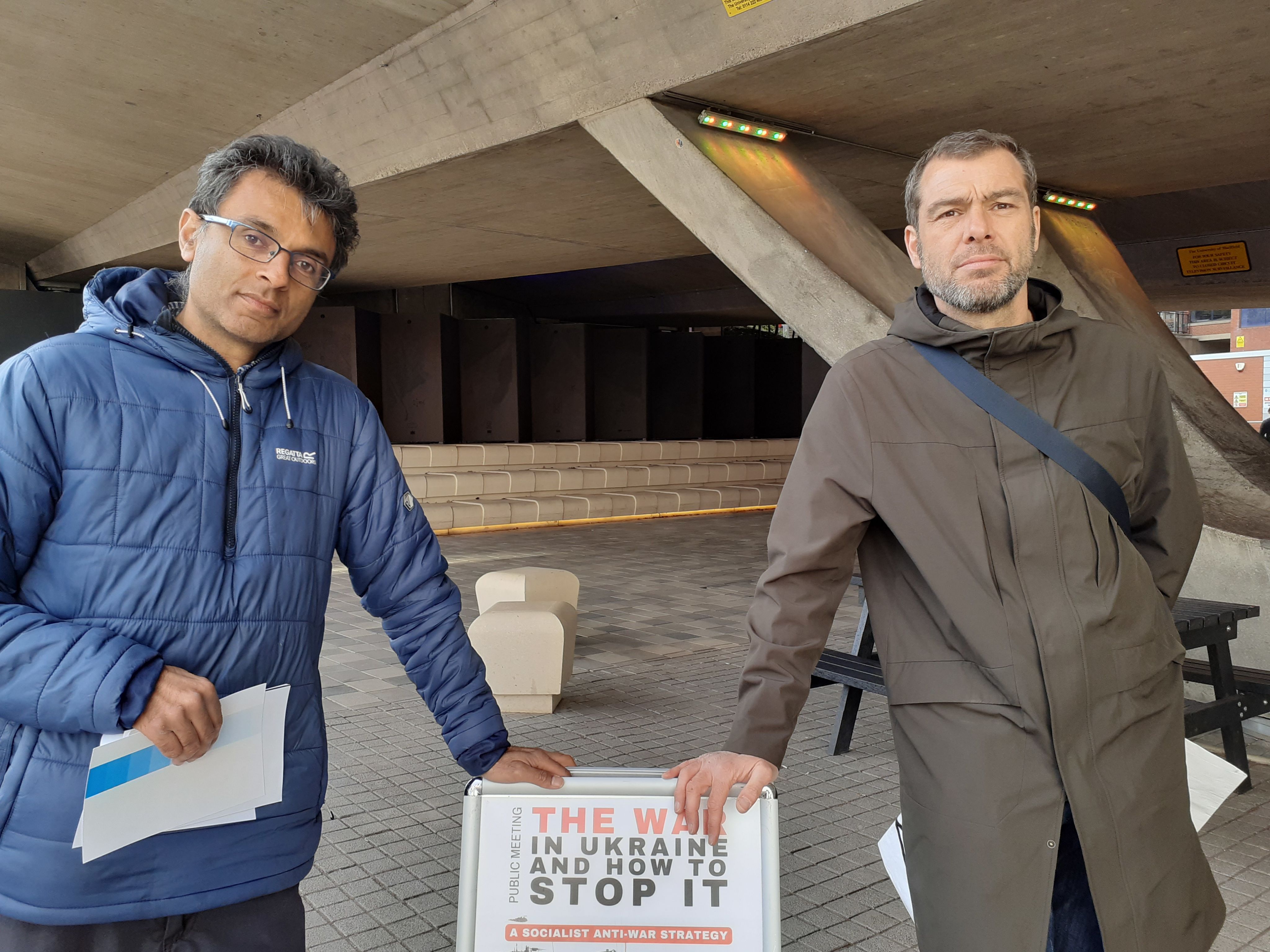Gruelling, costly and thankless: inside the permanent political campaign
By Molly Pipe
It’s five weeks out from the local elections and Dylan Lewis-Creser is in full campaigning mode.
“I’d say I spend six to 10 hours on an average week campaigning for the party,” they say. “And closer to election day, I spend every Saturday and most Sundays going out leafleting or door knocking.
Dylan is running to be a Green Party councillor - a paper candidate, they tell me, which means they don’t really stand a chance of being elected.
But that hasn’t stopped them tramping the streets week after week in pursuit of that longed-for victory.
“We started work on the local elections this May as soon as the last local elections finished,” they explain.
In Sheffield, that was almost a year ago. But even in Dylan’s native Northampton, where local elections are every four years, campaigning was on from the moment the last ballot was counted.
This is what political theorists call the permanent campaign. It’s the idea that parties are always in campaigning mode, even when they’re in office, because of the frantic culture of getting more and more votes and staying ahead of your equally driven competitors.
But this has consequences.
“The sheer workload really does affect the rest of your life,” Dylan says. "Because what most people would spend as free time or time to relax, I spend going out campaigning.”
“I find I do less university work this term than I did previously because I’m out.”

Week in week out, campaigners are on the streets handing out leaflets.
Week in week out, campaigners are on the streets handing out leaflets.
Another party, another town. In London, Bella (not her real name) is an active member of the Labour Party. A long-term campaigner, she’s seen many elections and knows how hard they can be.
“You can get to a point where it gets distorted about how far you’re willing to go, and how far you’re willing to push people,” she says. “And that largely is because people really, really care about it. Because if they didn’t care as much, they wouldn’t behave in the way they do. Which is sometimes beyond the bounds of what would be considered reasonable.
“In politics, it becomes all or nothing quite quickly.”
“It does become a social pressure to go out and campaign if you’re surrounded by campaigners,” Dylan says. “It causes a lot of people to withdraw.”
“We have one campaigner who has health problems at the moment, but still feels a pressure to come and help, even if we explicitly tell them not to.”
But they offer a caveat: “I don’t feel exploited by the campaign work I do. I give up my time freely because I really care about getting people from the green party elected.”
But here’s the thing. People pour their heart and souls into this work because, yes, they care. And so, yes, they spend years on the beat, pushing leaflets through doors, pushing slogans at stalls, all in the hope that one day their party will be elected.
But sometimes, after all that campaigning and talking and voting and hoping, it doesn’t work out.
“I have probably cried after every election Labour’s lost,” says Bella. “I’ve had situations where the exit poll has come in and people have realised we’re not going to win, and it’s been really heartbreaking.”
“I remember particularly in 2019, it was a really cold, wet December night when people had been pounding the doorsteps all day to campaign for Labour. And we were in a seat that was very, very marginal.
“Everyone was there and everyone was very, very hopeful. And then the exit poll came out and people were very, very sad. There were a lot of people crying. And I felt at that moment I had to say: even though we’ve lost the election, what you’ve done here matters.”
You might be thinking that people do this for a wage - but you’d be wrong.
Campaigners are generally unpaid (Sheffield Green Party has just one paid organiser across the entire city) and councillors’ allowances work out at below minimum wage for the work they tend to do.
But what about MPs, who earn more than £84,000 a year? Well, they don’t have it as easy as it seems. 👇 📷
So how have we got ourselves into this situation?
Partly, it’s a slippery slope: the more parties campaign and the more votes they win, the more other parties work to outdo them - and so it goes on.
But there are deeper structural issues at play.
“The Conservatives and Labour have their traditional voter bases,” Dylan says. “They have people they can rely on as a core voter base that will always vote for them, so they don’t need to go out and campaign so much in their key target areas.
“Whereas for people like us in the Greens and in the Liberal Democrats, we have to always be out there showing that we’re working. We need the extra time to get our voices heard.”
But even for Labour, favourites to win the next General Election, there are anxieties.
“The big reason why people are campaigning two years out from an election is because there’s been a structural shift in how party loyalty works,” Bella says. “It used to be that people had quite strong party loyalty and identification, whereas in recent years it’s much less clear. So the idea you can have a core vote that will always vote for you no matter what has gone.”
The permanent campaign can be gruelling, costly and thankless. But Bella says:
“People in politics do it because they believe this is the best way to achieve change. And even though it’s a really hard route, and it’s difficult and it’s costly and it takes time and energy and effort, everybody is doing this, largely as volunteers, because they believe in a better world, and the chance of a better world.”

